When I first heard about Netflix’s new series Apple Cider Vinegar, I wasn’t sure what to expect. A drama inspired by the true story of wellness influencer Belle Gibson, who falsely claimed to have terminal cancer while promoting “miracle” health cures, is bound to stir up big conversations—and it absolutely should.
As an Australian, and someone who met Jess Ainscough (the inspiration for another character in the show) at a Hay House event in Melbourne, watching the series hit close to home. Jess was beautiful, charismatic, and genuinely well-intentioned in her pursuit of holistic health. But when wellness advice crosses the line into deception, it can be harmful—even dangerous.
Having spent 13 years as a registered psychologist, passionate about supporting people to live meaningful, healthy lives, I’ve witnessed the complex relationship between public image and private reality. The online world encourages us to put our best foot forward, but at what point does this become toxic? Where does authenticity end and a curated façade begin?
The Rise (and Fall) of Wellness Influencers 🌱📲
Apple Cider Vinegar reminds us that not everything we see online is as it seems. Belle Gibson’s story is a glaring example of how the pursuit of likes, followers, and sales can spiral into deception. But the cultural conversation is much bigger than one person’s fraudulent journey.
In the series, Samantha Strauss (fellow Bond University alum 👩🎓) masterfully explores how social media creates endless pressure to “perform” wellness. Influencers feel compelled to look radiant, eat perfectly organic food, and promise health miracles that aren’t always backed by evidence.
As someone who once embraced veganism and raw foodism with my husband (who holds degrees in complementary medicine and nutrition), I understand the desire to optimise health. But I’ve also seen firsthand how easily this can lead to obsession and misinformation.
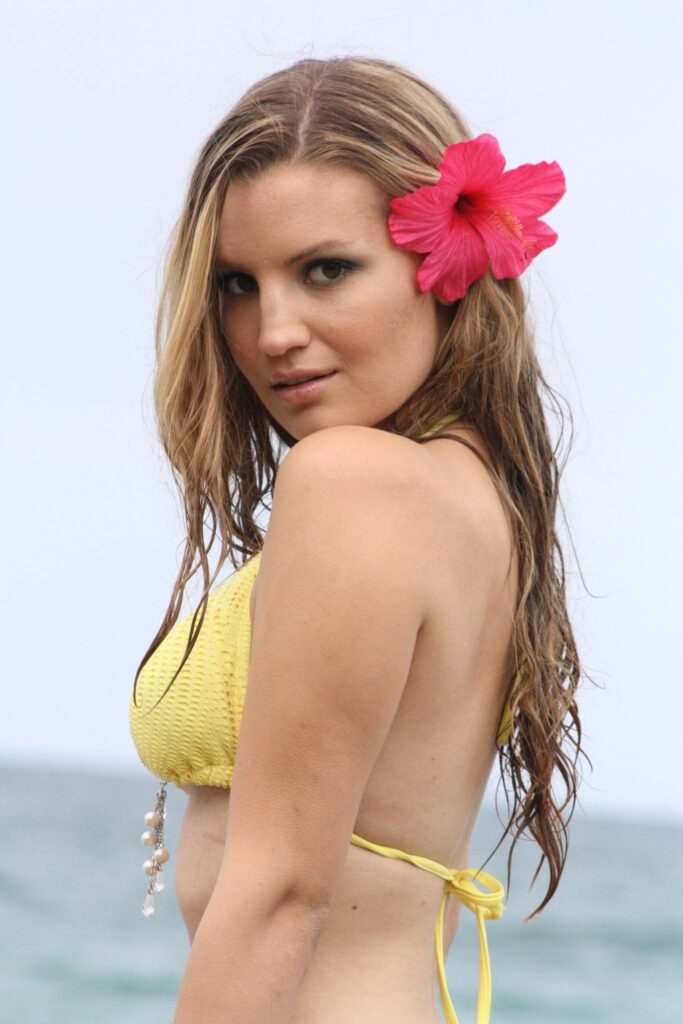
My Experience with the Online Space 🌐
In my younger years, I worked as a professional model and was often praised for how “healthy” I looked. The truth? I was struggling with an eating disorder despite my seemingly glowing appearance. It was a stark reminder that appearances don’t always match reality.
Fast forward to today, where I dedicate my professional life to empowering people to live authentically and compassionately toward themselves. I see clients trying to navigate the pressures of the online world—parents comparing themselves to Pinterest-perfect mums, teens obsessing over filtered selfies, and adults caught in the trap of endless “self-improvement” hacks.
Condie Sanchez put it perfectly here: traditional media is failing because people want authentic, relatable voices. They want personal connections, not polished perfection. We don’t want to consume content anymore; we want to feel it.
How Can We Create a Healthier Online Space?
We all want to be seen, valued, and celebrated. But how can we do this in a way that’s truthful and empowering rather than deceptive or damaging?
Seek out credible voices: Let’s champion qualified, credentialed experts over clickbait content. Trustworthy health advice may not always be flashy, but it’s invaluable.
Embrace imperfection: One of my favourite messages is from Mel Robbins (watch it here)—she talks about showing up authentically online, even when life isn’t picture-perfect. It’s a powerful reminder.
Ask yourself why you’re sharing: Before posting or consuming content, ask yourself: Is this helping me or someone else? Is it truthful? What’s my intention here?
A Call for Compassion and Growth ❤️
As a psychologist dedicated to helping others heal and thrive, I believe even those who deceive online have the potential for growth. Their actions may stem from insecurity, unresolved trauma, or a desire for acceptance. I’ve seen people transform when they become willing to confront their pain and learn healthier ways to connect.
Just like with my Mean Girls blog, I hope this post plants seeds for reflection. Let’s create an online space where authenticity, kindness, and credibility reign.
I’d love to hear your thoughts: Have you watched Apple Cider Vinegar? How do you navigate the pressures of social media while staying true to yourself?
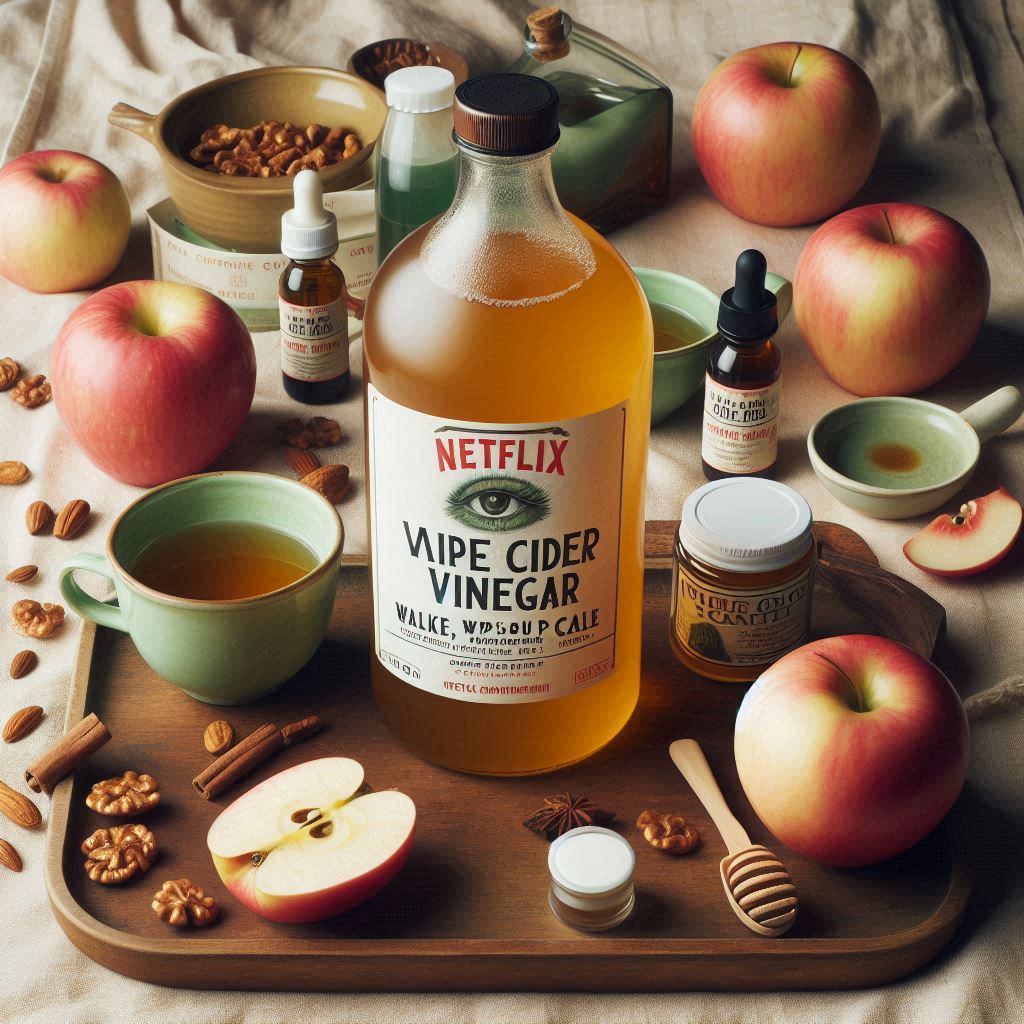
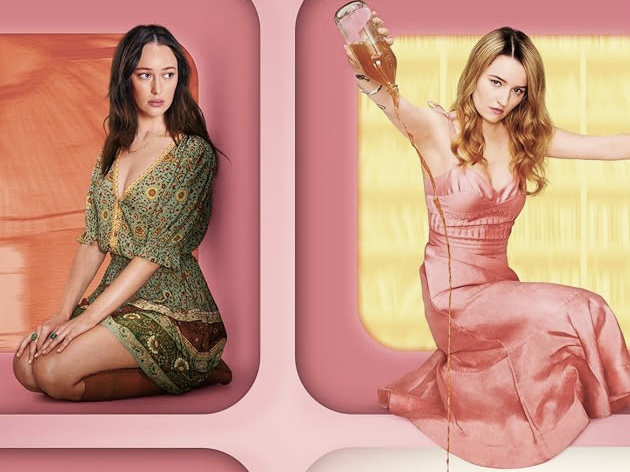

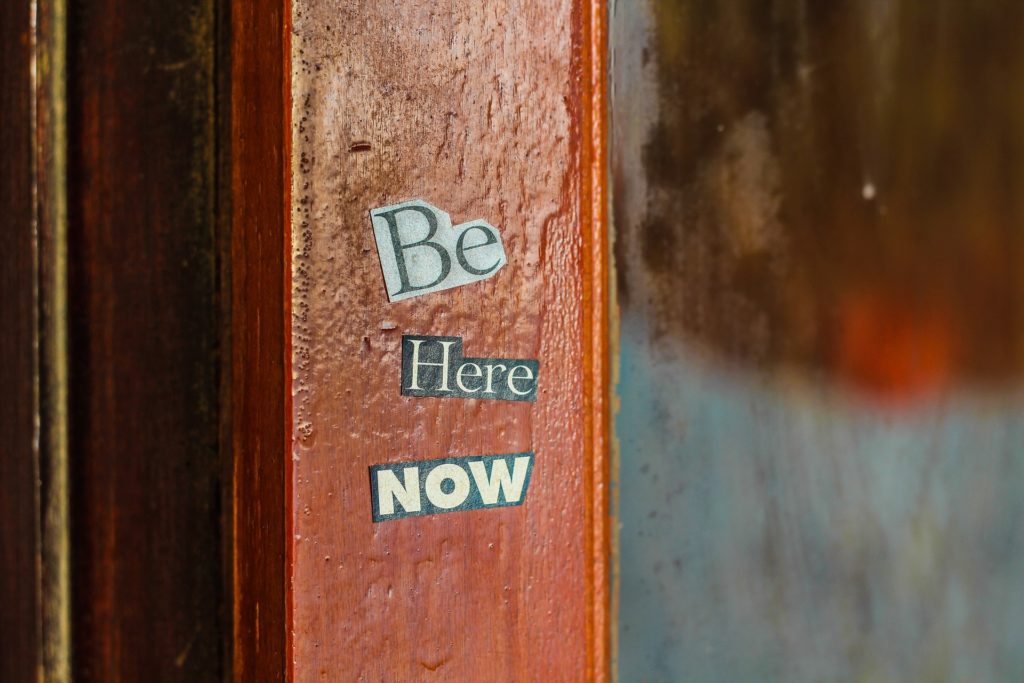
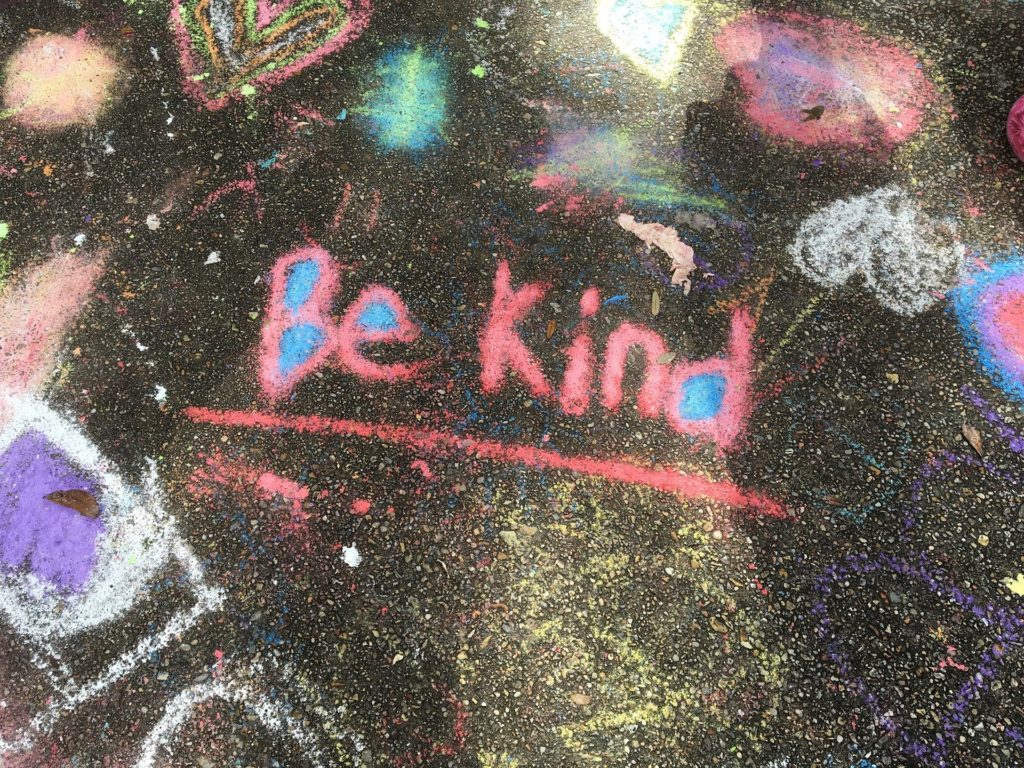
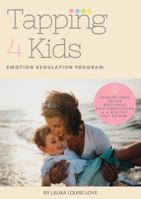
Leave a Reply